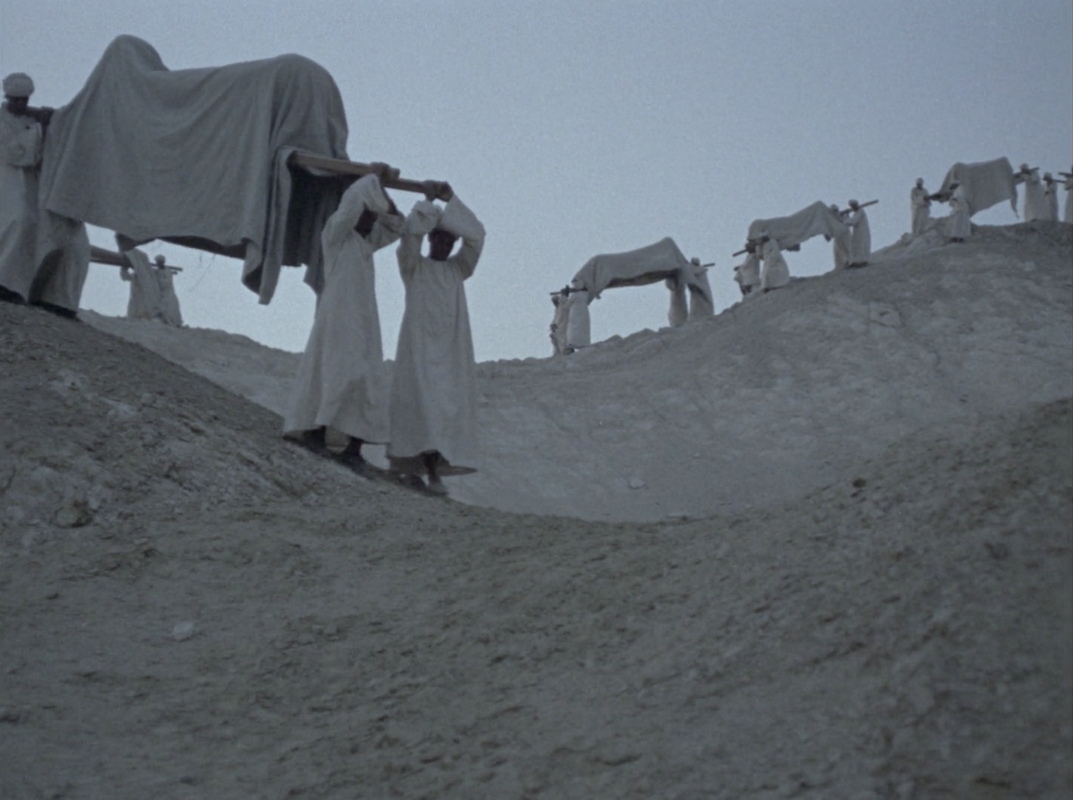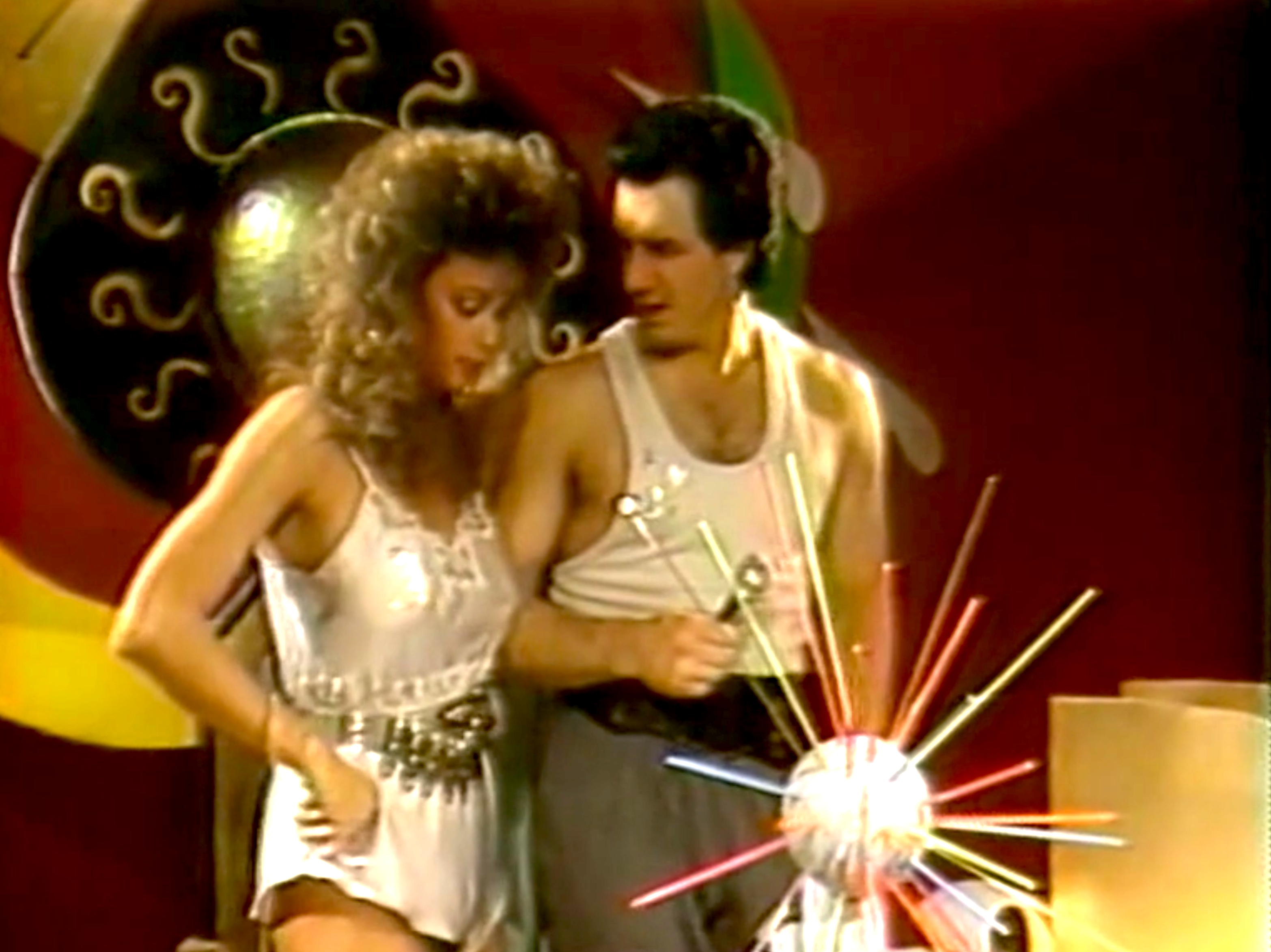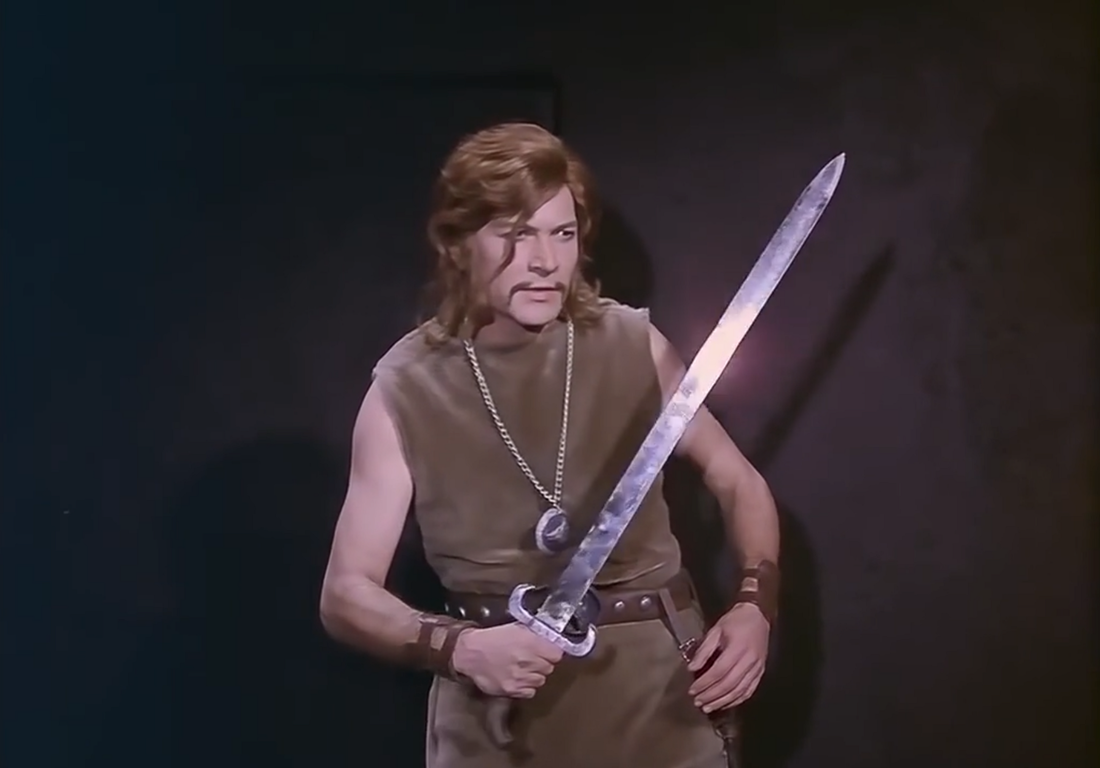
In 1930, Lewis Milestone directed a film adaptation of Erich Maria Remarque’s novel All Quiet On The Western Front. It was made before the institution of the Hayes Code, a censorship rubric designed to restrict both form and content in films.
I try never to use this phrase, but All Quiet On The Western Front was ahead of its time. When you look at what else was being produced contemporaneously, like D.W. Griffith’s Abraham Lincoln or Howard Hughes’ Hell’s Angels, they don’t compare to the dire seriousness of All Quiet On The Western Front. The fact that it was based on a novel is critical. Literature has always been subject to less stringent censorship than cinema. Authors like Tennessee Williams or Flannery O'Connor could write morally ambiguous stories about three-dimensional characters struggling with painfully realistic traumas, but when their works were adapted for the film screen, they had to be heavily censored.
All Quiet On The Western Front is a fervent antiwar film that sometimes teeters on melodrama, but does not waver in its mission. It attacks the subject of war on many different fronts in an effort to illustrate the myriad of injustices war brings, and the trauma and loss it entails.
In the film, there is a scene that takes place in a bunker. It is a dark, dirty room just beneath the front lines, hidden amidst the cold and muddy trenches. The room constantly shakes as it is bombarded by the enemy. Dust and debris rain down from the ceiling onto a group of young soldiers.
We have been following these soldiers throughout the film and now they are resting in the bunker between barrages. Suddenly, a soldier bursts into the room and announces with glee, “It’s Himmelstoss.” Sergeant Himmelstoss had been their drill sergeant in boot camp, but before the war, he was a humble mailman. As a drill sergeant, he demanded respect from the new recruits, and eventually, the young men begrudgingly gave it to him.
After Himmelstoss’ arrival is announced in the bunker, Paul Bäumer, the protagonist of the film, exclaims, “Himmelstoss! There is justice in the army!” Bäumer and the boys clearly feel that they have the upper hand now that their Sergeant has been condemned to the same fate they have been suffering for months. Himmelstoss appears in the doorway, but none of the soldiers salute him or even get up from their resting places.
Himmelstoss is affronted. He places his hands on his hips, puffs out his chest, and bellows, “Well, well, so we are all here huh?”

“A bit longer than you, Himmy", answers Bäumer impudently. Himmelstoss is shocked and yells back, “And since when have we become so familiar? Stand up men and click your heels together!” A soldier in the group answers back, “Take a run and jump at yourself.”
What exactly is happening here, and why have the soldier’s relationship with their superior officer changed? The new dynamic is complex. The experienced soldiers no longer respect Himmelstoss due to his inexperience. The soldiers are now veterans and Himmelstoss is the rookie, but there is more to it than that. The soldiers feel as though Himmelstoss has betrayed them. Himmelstoss prepared the soldiers for a noble war full of heroic deeds, not the miserable death and gore of the real war they have encountered. The confrontation in the bunker is a contest between different realities and different worldviews. Himmelstoss is still a patriot, ready to fight for his fatherland, but the soldiers are tired, traumatized, and disillusioned.
Himmelstoss shouts, “I command you as your superior officer! Do you want to be court martialed for this?” Bäumer cheerfully retorts, “I do! There’s gonna be a big attack tonight and I would just love to get out of it.” Then all the soldiers laugh uproariously, only further enraging Himmelstoss.
Bäumer has lost all sense of duty. He no longer values what his sergeant or his country taught him, and neither do the other men. Bäumer stands up and faces Himmelstoss. His voice is colored by disdainful sarcasm, “It isn’t customary for salutes here, but I’ll tell you what we’ll do. We are going to attack a town that we tried to take once before. Many killed and many wounded. It was great fun. This time you’re going with us, and if any of us stops a bullet, before we die, we are going to come to you, click our heels together, and ask stiffly, ‘Please Sergeant. Himmelstoss may we go?’”

This bunker scene brings several interrelated themes together into one confrontation. Himmelstoss illustrates the disconnect between the grunts in the trenches and the out-of-touch brass who are running the war. Simultaneously, Himmelstoss is an example of the corrosive influence of power. Before the war, he was no one, but now, given a chance to wield a small amount of power, he has become arrogant, stubborn, and bellicose.
Bäumer has not only lost respect for Himmelstoss, but Bäumer believes that he has awakened to the true nature of war and is now superior to the pitiful Himmelstoss, who is still stuck in a patriotic pall. Bäumer looks down on Himmelstoss, who he sees as just playing at war like a toy soldier, but Bäumer does not really have the upper hand. His newfound confidence comes from no longer having anything to lose. He has lost almost all hope of accomplishing anything in the war, and has seemingly lost hope of even surviving. With nothing to lose, he is immune to orders and consequences. There is nothing left to threaten him with.
This one confrontation between a soldier and his superior is a microcosm of the whole film. Lewis Milestone and Erich Maria Remarque not only protest the war, but they also dismantle the facets of war and lay bare the many cruel and unjust realities that are seldom seen by civilians

If you enjoyed this you might also enjoy - https://filmofileshideout.com/archives/a-small-but-surprisingly-graphic-detail-in-the-best-years-of-our-lives/



